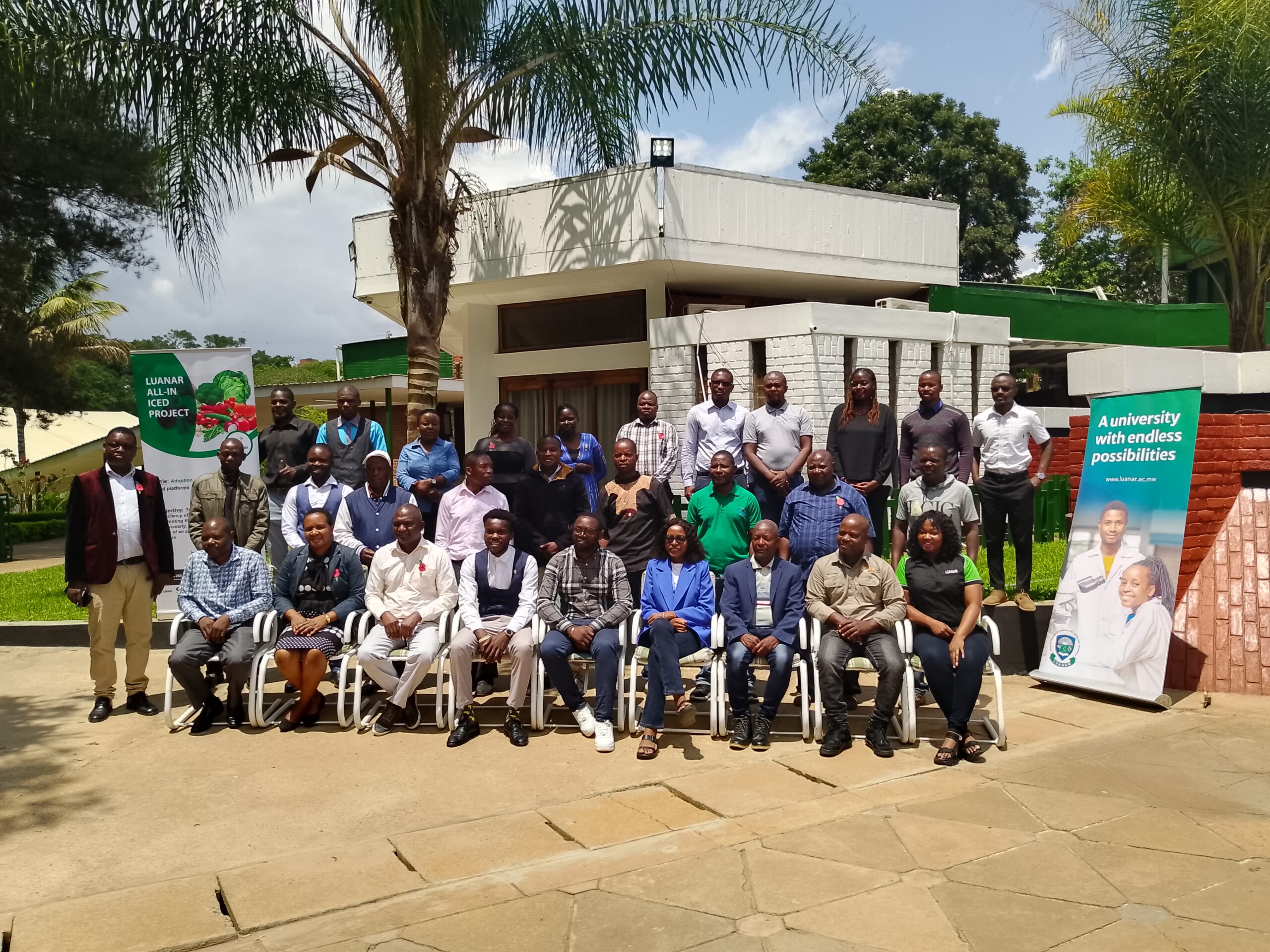High cost of smartphones, lack of internet hindering integration of digital transmission of extension services
Experts have highlighted the high cost of smartphones and lack of access to the internet as some of the challenges hindering integration and promotion of digital transmission of extension services to smallholder farmers in Malawi.

Lilongwe University of Agriculture and Natural Resources (LUANAR) lecturer Dr. Robertson Khataza made the remarks in Lilongwe on Friday when he presented findings of a survey he conducted together with other LUANAR lecturers.
Khataza, alongside lecturers Elizabeth Bandason, Daniel Chiumia, Dorica Singini and Dennis Makwakwa, conducted the study through a project titled: Are Malawian smallholder farmers ready to receive and use digitalized agricultural extension and marketing advisories?
The project, which received financial support from USAID through ICED and UC-Davis, was implemented in Dedza and Mzimba districts.
Khataza disclosed that farmers are enthusiastic about digital solutions. However, majority of the farmers are not able to buy phones or radios due to limited resources.
“Embracing digital advisory services is important in complementing traditional face-to-face extension, which can often be limited by logistical challenges. Digital agricultural advisory and marketing services increase knowledge outcomes and in turn increase productivity, market participation, and ensure social inclusion,” he said.
Khataza further stated that because of lack of information, sellers/farmers fail to find competitive prices for their produce while buyers cannot find quality produce for sale in their markets.
In turn, he said, prompts farmers to sell their produce in thin rural spot markets or travel to peri-urban markets without information about the demand or market price (blind marketing).
“Farmers incur significant travel costs, and sometimes fail to register substantial sales (spoilage). Buyers/Vendors struggle to find a consistent source of supply: supply fluctuations, low price offers, stockouts and loss of revenue. Productivity and quality challenges can be worse with limited extension support,” he said.
In his presentation, Chisomo Haswell said ICT platforms are enabling farmers to share knowledge and experiences on multipurpose agroforestry tree species (MPTS) and other agricultural topics.
Haswell also stated that modern ICT platforms can enhance and supplement traditional in-person agricultural advisory services, saying this is why the study was conducted so see how ICT-based knowledge transmission can promote the adoption of MPTS among farmers.
In an interview on the sidelines of the findings dissemination workshop, Chief Agriculture Officer for Dedza, Matilda Mtambo, said digital tools have helped extension workers to reach more farmers with advice on various services.
Mtambo assured that her office will ensure the platforms are sustained so that more farmers benefit.
“As you are aware, the government is hit by that high staff turnover, and this has helped us to get in touch with the farmers even when we are far apart. Through digital platforms, the farmers were able to get the right messages for them to continue with agriculture issues in terms of extension,” she said.
Follow and Subscribe Nyasa TV :
